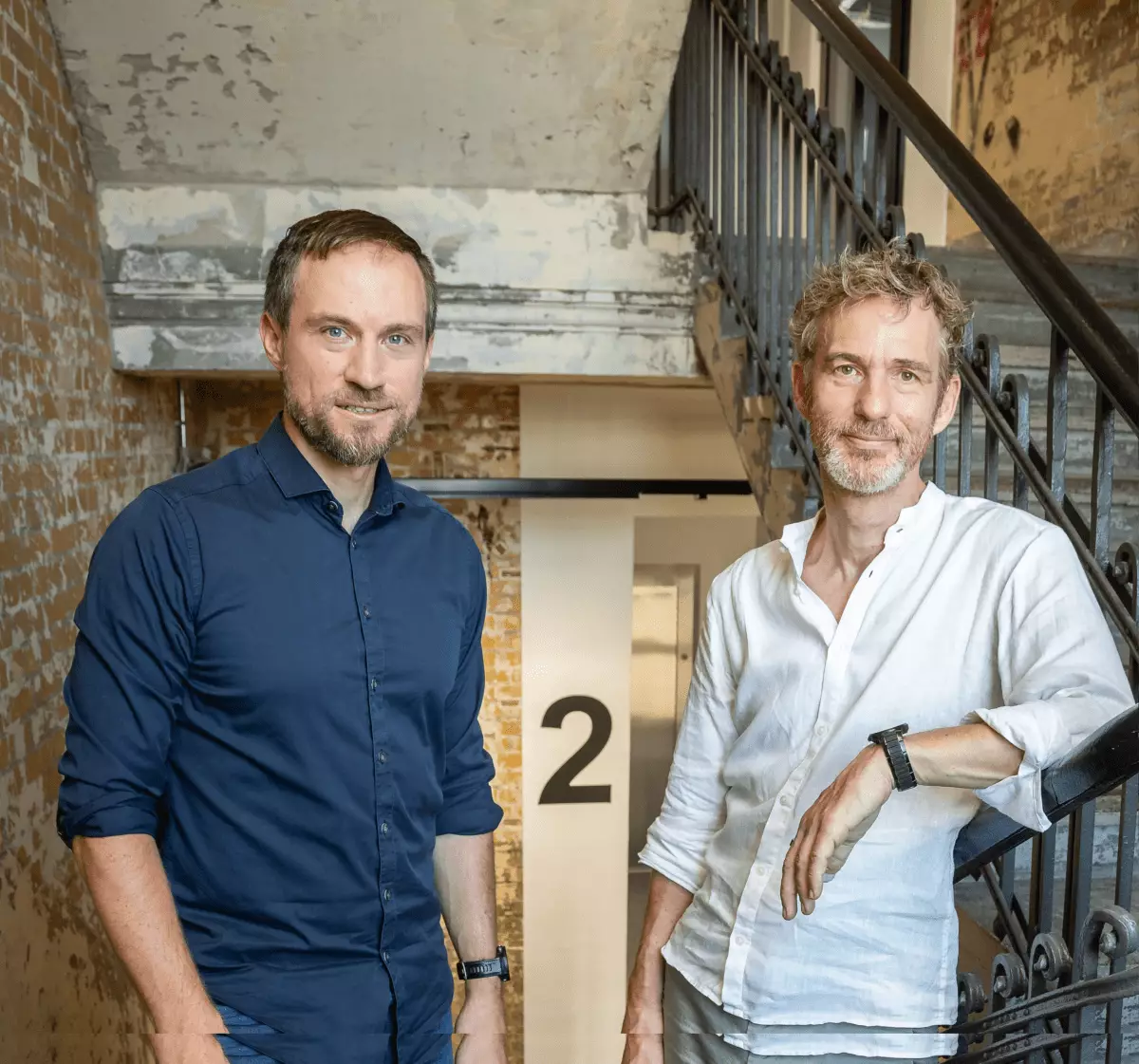The world of language learning is in a constant state of evolution, and Babbel, the renowned Berlin-based platform, is no exception. With the unexpected resignation of CEO Arne Schepker, the company is poised to navigate an intriguing new chapter under the guidance of co-founder Markus Witte. This leadership transition comes at a time where artificial intelligence (AI) is rapidly redefining how language is taught, presenting both challenges and opportunities for innovation.
Schepker’s departure after nearly five years at the helm is remarkable. He joined Babbel in 2015 and ascended to the CEO position following a stint as Chief Marketing Officer. His decision not to renew his contract appears to stem from personal and professional considerations. Schepker candidly expressed his inability to commit fully to the demanding role required of a CEO, stating that he could not provide the “180 percent” effort needed. This sense of personal integrity and alignment with the company’s needs underscores a responsible approach to leadership, emphasizing the significance of passion and commitment in executive roles.
Additionally, Schepker perceived a cycle of repetitive tasks looming ahead, such as budget planning and establishing objectives, contributing to his decision to step down. The timing, he noted, was fortuitous, allowing Babbel to embrace the forthcoming phase of technological integration with AI while he sought personal fulfillment and family time.
With Schepker’s exit, Markus Witte reclaims a prominent leadership role, stepping in as Executive Chairman and Managing Director. This is a significant shift as Witte had previously served as CEO, fostering Babbel’s early growth and development. However, his return isn’t merely a revival of past strategies; Witte aims to leverage AI advancements to transform Babbel’s approach to language education.
Expressing confidence in the potential for AI to enhance language learning, Witte asserts that the convergence of Babbel’s expertise and cutting-edge technology will redefine user experiences. He acknowledges the uncertainty in strategizing beyond immediate goals due to the rapid developments in AI, stressing the need for adaptability in their approach. This nimbleness, according to him, is essential as even the architects of advanced language models may find it challenging to predict their future capabilities.
At the heart of Babbel’s mission remains the desire to solve the human problem of language learning. Both Witte and Schepker emphasized the essential human elements in communication, asserting the necessity of fostering authentic interactions in language acquisition. This perspective reflects a commitment to creating personalized learning experiences that resonate with users, irrespective of the technological enhancements.
The juxtaposition of AI’s potential and Babbel’s rich educational content has opened new avenues for personalized learning. Witte’s remarks highlight a transformative vision for Babbel—one that seeks not just to simplify language learning, but to enrich the journey with dynamic, engaging content tailored to meet individual user needs.
As the company pivots towards an AI-integrated future, Witte is also focused on enhancing the internal and external experiences of the Babbel community. He articulates a desire to cultivate “moments of delight” for both employees and users. This pursuit of joy in learning and work environments echoes a broader trend toward prioritizing well-being in corporate culture. By fostering an enjoyable atmosphere, Witte hopes to engender creativity and enthusiasm, critical ingredients for innovation.
The notion of delight transcends traditional performance metrics and signifies a shift toward valuing employee satisfaction, engagement, and user enjoyment. In this new approach, Babbel aspires to integrate these elements into their products, ensuring that the pursuit of language mastery doesn’t feel like a chore but rather a fulfilling journey.
Babbel stands at a intersection, ready to embrace the future of language learning. The leadership transition from Schepker to Witte signals a period of introspection and bold reimagining of educational methods through AI. As Babbel prepares to harness these technologies to create more engaging and personalized experiences, the spirit of innovation is palpable.
Ultimately, the combination of a strong visionary founder and a commitment to human-centric education positions Babbel at the forefront of language learning. As Witte navigates this exciting yet uncertain landscape, the company is not just reacting to technological advancements, but strategically harnessing them to genuinely transform how individuals learn and connect across cultures. In this evolving narrative, Babbel articulates a unique blend of technological innovation and human connection that could redefine the future of language education.

